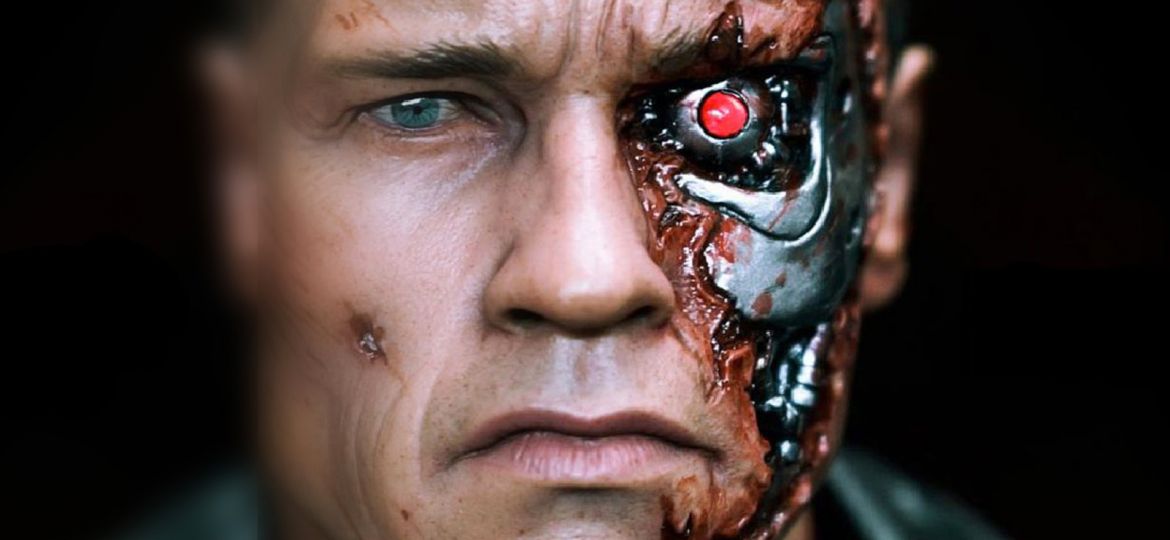
WHY THIS MATTERS IN BRIEF
Robots with human skin are nothing new, at least in sci-fi terms, but we now have the technology and a reason to make it happen…
This week researchers Pierre-Alexis Mouthuy and Andrew Carr from the University of Oxford announced that they believe robots dressed in human flesh would benefit people who need tissue transplants. And yes, that does allow me to quote Arnie’s famous line from the Terminator 2 movie:
“I’m a cybernetic organism, living tissue over a metal endoskeleton.”
I’ve been waiting to get that into an article ever since I started writing articles – just a few weeks ago. I just ticked it off on my bucket list.
Now at this point you might be thinking: “Okay we have robots, but hey skin? That’s kind of stuck on to people’s bodies so that’s just a crazy idea so good luck with that.” I’m obviously paraphrasing your thoughts here so excuse any grammatical errors. And you’d be right – we have robots, but as for the skin part?
Well, this week BioDan announced they’ve been able to 3D print functional artificial human skin that doesn’t just work like the real thing – thanks to stem cells and a 3D bioprinter it is the real thing. Furthermore, it can be grafted to almost any surface, including metal, although admittedly there’s likely to be some biochemical issues crop up at some point. But hey, it’s tech we’ll get past those.
So, we have robots, we have 3D printed artificial skin but why would the researchers want to create such an aberration of nature and the first step on the slippery slope to full cyborg hood? Are they secretly trying to create living Terminators? No – they’re scientists, scientists are normally quite well meaning by nature so let’s give them the benefit of the doubt.
The real reason behind their announcement is because when we print off sheets of artificial skin they haven’t been stimulated, they aren’t used to moving, straining or stretching so when they’re transplanted onto patients sometimes, the researchers feel, the resulting “grafts” could come loose, sag or tear. None of which would be a good scenario. As a consequence they think putting skin onto a robot and getting it to biomechanically flex and stimulate the skin, pre surgery, would help eliminate many of those problems.
As for the robots they could use to stimulate the skin there are a number to choose from but in order to meet the criteria they have to have the same biomechanics as humans – so that rules in humanoid robots, and Terminator look alikes – and rules out non humanoid robots. Topping the chart of hopefuls at the moment is the Kenshiro robot from Japan which was first created in 2012 and which is one of the most precise robot copies of human anatomy and posture out there.
But as for me, I think it should be the Atlas robot – after all, it kind of has the look and “presence” of a possible future Terminator, throw in some autonomy, some artificial intelligence, the ability to self-evolve and self-fabricate, two red bionic eyes and a few laser weapons and bingo. But hey, I’m a futurist, I’m not a scientist.
















